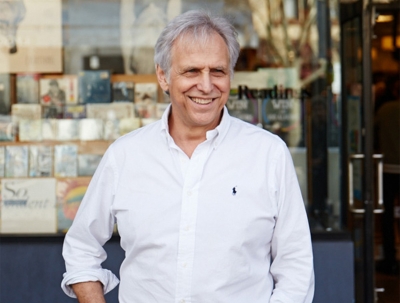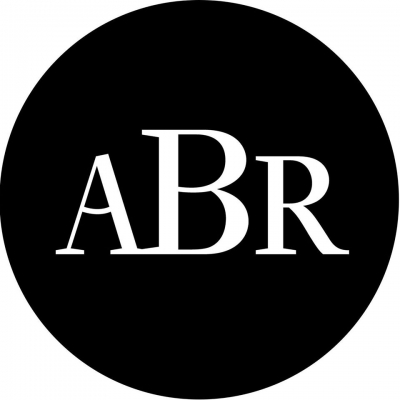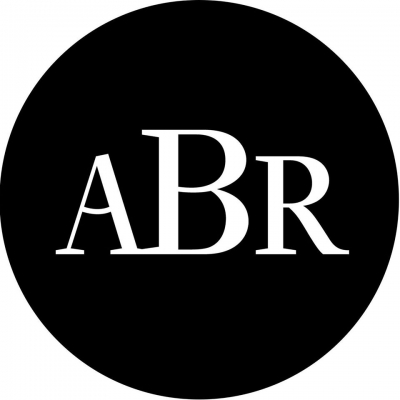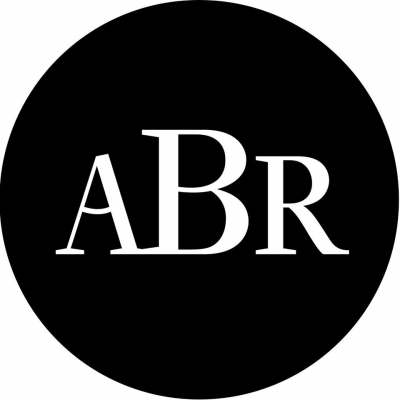Mark Rubbo
The Australian Bookseller & Publisher serves as the trade magazine for the Australian publishing and bookselling industry. It derives a substantial amount of its revenue from the advertisements that publishers place in it.
... (read more)Editorial boards of magazines are seldom noticed, except when a magazine is in trouble. For the past three years ABR’s board chairman was Brian Johns. Last May Brian resigned. It was a resignation he had been signalling for some time; he believed that it was time for him to go.
As a member of the board, I was saddened to see Brian go. ABR had been very important to him, and its success and survival, in both cultural and economic terms, had been an overriding concern. Brian was a demanding, at times overbearing, at times charming, but always inspiring and exciting chairman.
Brian is always interested in what people think, and in them. One of his great talents is that he inspires people to articulate and implement their ideas. With ABR his overriding ambition has been to establish it as a journal of influence in promoting Australian writing, that was successful on all fronts; and with the help of some wonderful editors – John McLaren, John Hanrahan and, most recently, Kerryn Goldsworthy – that has been achieved.
... (read more)Lloyd O'Neil, long-time publisher of popular Australian non-fiction, has announced that he has sold his company to Penguin. O'Neil is credited with initiating the growth of the indigenous publishing industry in the postwar period. His decision to print his books overseas in 1963 changed the whole nature of the business: ‘For the first time we could produce Australian books at a standard and price that was comparable with overseas,’ he said.
... (read more)Originally published in German, Albrecht Dümling’s The Vanished Musicians: Jewish refugees in Australia (Peter Lang), a fascinating compendium of Jewish musicians who found refuge in Australia in the 1930s and 1940s, is now available in Australian Diana K. Weekes’s excellent translation ...
... (read more)Bauman’s point of departure
Dear Editor,
Boris Frankel bursts in through open doors. He gives Zygmunt Bauman and me stick for speaking our truths (ABR, October 2001). Viewed in its own terms, what remains of the Left in Australia is in a bad way because it has failed (1) to clarify its ethics, norms and values and (2) to develop alternative visions and policies upon them; because (3) there is no popular bearer or social movement available to carry these invisible ends; and (4) because there is no evidence of popular support for a new society, present unhappiness and misery notwithstanding. If this is not modern, what is it? (If the Soviet and Nazi experiences were not modern, what were they?)
... (read more)I have never flown first class on Qantas; I’d love to, but somehow I don’t think I ever will. But next time you fly first class on a Qantas 747, take a look at the inflight library and you might be surprised to find copies of George Johnston and Charmian Clift’s Strong Man from Piraeus; Elizabeth Jolley’s Palomino; Evan Green’s Alice to Nowhere; Gerald Murnane’s A Lifetime on Clouds; or Kate Grenville’s Lillian’s Story.
... (read more)The Australian Bookseller & Publisher serves as the trade magazine for the Australian publishing and bookselling industry. It derives a substantial amount of its revenue from the advertisements that publishers place in it.
... (read more)As managing direction of the English publishing house, Chatto & Windus, expatriate Australian Carmen Callil has been described as the bête noire of Australian publishing. She had been invited to Australia for Writers Week at the Adelaide Festival. She left slightly annoyed and hurt that she had been cast in a predatory role when her interest in Australian writing stemmed from her own sense of Australianness.
... (read more)Many Australian publishers question the ability of overseas publishers to market and distribute a London published book by an Australian writer in Australia. The emotional and commercial commitment to a book by a distributor, they argue, is not the same as that of a publisher. An Australian publisher also has a better perception of the market and the quantities required. In the case of the market being underestimated, reprints of sufficient quantity can be supplied relatively quickly. In general my experience as a bookseller would confirm these comments.
... (read more)At a seminar on the arts and the economy held recently in Melbourne, Laurie Muller, general manager of the University of Queensland Press, attacked what he described as the myth of the Australian publishing industry. According to Muller, the market size for serious Australian books is so small (one to three thousand) that publishers can barely recoup their development costs, let alone make any profits to service capital and finance further books and expansion.
... (read more)



